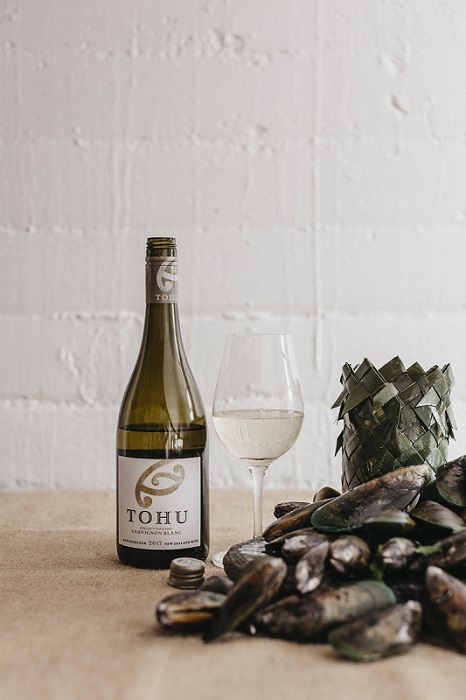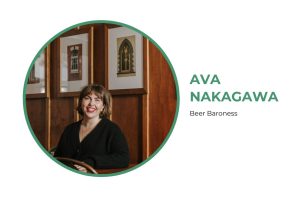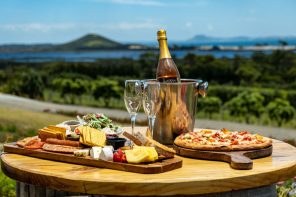Kono is a Māori family-owned food and beverage company based across Te Tau Ihu, the top of the South Island. As part of Wakatū Incorporation, Kono has more than 4000 shareholders – all of whom are whānau or family.
Kono is the Māori name of a woven flax food basket. For Kono, the brands that fill its basket include Tohu, Aronui and Kono Wines, Kono mussels, Tutū cider and Annies Fruit Bars. Kono also grows and exports apples, pears, kiwifruit and hops, and through its company, Yellow Brick Road, is involved in sustainable fishing.
“We’re a vertically integrated company, which means they’re our vineyards, water farms and orchards, our team making and creating, and our team taking the products all the way to our consumers’ hands,” said Rachel Taulelei, Kono CEO. “None of these activities are new to Māori. We have always been fishermen, orchardists and farmers. We’ve always been traders. Our ancestors were the original providores – they grew and provided food to the first German settlers, and were trading goods nationally and internationally. The difference is how we do it today gives us the opportunity to brand our products in ways that celebrate our stories and culture. The Kono team gets to take kaupapa Māori to the world every day.”
Kono strives to work in ways that are kind to people and environment without compromising quality and integrity. The company has a strong spiritual connection with the land and a responsibility to pass it on in good health to future generations. “We are on a journey to ensure that the land and water will be well for our grandchildren's grandchildren's grandchildren.”
As Māori business, Kono has a dual responsibility. The company works within the same commercial and legislative frameworks as other New Zealand businesses. The other responsibility is bringing tikanga Māori into their everyday work lives, and taking into account the hopes and aspirations of the whānau, the owners. “Our whānau is involved in every aspect of our business, from working out on our marine farms, vineyards and orchards, through to management and governance roles,” said Taulelei. “We continue to provide opportunities for our people to hone and develop skills and capability and maintain their connection back to their tūrangawaewae, the place where we make sense of the world.”

Kono CEO Rachel Taulelei © Kate MacPherson Photographer
Last year Kono launched its K icon, which is steeped in symbolism. One of the meanings it references is kaitiakitanga, which is the value that directs Kono as a business and its relationship with the environment – love for the land and respect for the sea.
“We are intergenerational thinkers – we have a 500-year business plan - Te Pae Tawhiti, or the long horizon. This helps guide and direct us in the here and now, and into the future, so the whenua and moana are in good health for current and generations to come. We have had a long-standing initiative to replant native trees and flax, rebuilding natural habitats for native wildlife across our lands, but we are also taking on the challenge of measuring our environmental footprint, including our use of water and the health of our soils.”
Preservation of culture and modernity are not mutually exclusive. Kono harnesses the opportunities provided by innovation and modern technology to help live the values passed onto them by their ancestors.






